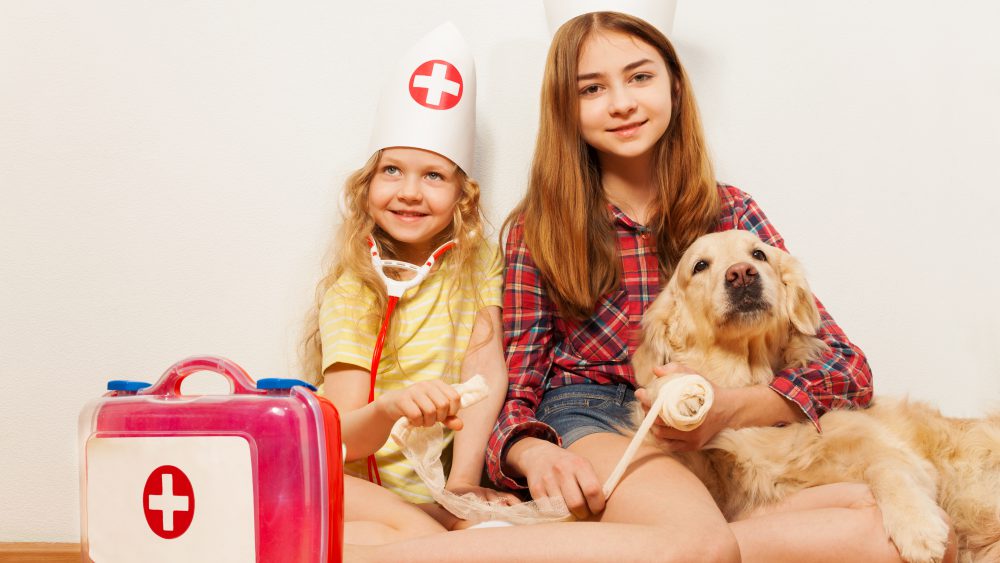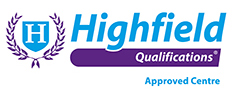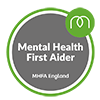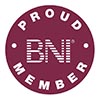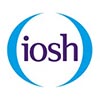The precise number of cardiac arrests in the UK each year is uncertain, but is thought to be up to 60,000.
In England the ambulance services attempt resuscitation in approximately 28,000 people, of whom less than 10% survive. 270 children die every year of sudden cardiac arrest at school, and four of every five cardiac arrests that happen out of hospitals occur in the home, yet often nobody starts CPR because they don’t know what to do. By the time the emergency services arrive valuable time has been lost and, in many cases, the chance of survival has been lost also.
Where better to start to correct this than with our school children? The Government has shown some concern; recently the Department for Education introduced a scheme enabling schools to purchase defibrillators at reduced cost. However, defibrillators alone are unlikely to save lives unless people who see or find someone when they collapse call 999 and start CPR immediately. If a defibrillator can then be used before the arrival of the ambulance service, the chance of survival increases dramatically.
Does this approach work? In 2005, CPR training became compulsory for all Danish schoolchildren over 11 years of age. In the next 6 years, the provision of CPR by members of the public more than doubled and survival from out-of-hospital cardiac arrest tripled. In Stockholm, when members of the public started CPR and used a defibrillator before the arrival of an ambulance 70% of people survived but, when resuscitation was delayed until an ambulance arrived, only 31% survived. (www.resus.org.uk)
First Aid Awareness for Children in Years 5/6 (1 day)
£350 (+VAT) per class. SPECIAL OFFER: £650 (+VAT) for 2 classes
Held at your school, this course teaches important life skills in an age appropriate manner.
Each child is provided with a handbook; correlating stars highlighted on both the PP presentation and within the handbook indicate to the children where they need to complete a very short written activity.
Important information is embedded by incorporating child friendly demonstrations, opportunities for questions & answers throughout and lots of practical activities.
Assessment is on-going and at the end of the course, each child will receive a certificate of attendance.
Star First Aider Certificates will be awarded to three children from each class, with the top first aider receiving a first aid kit.


